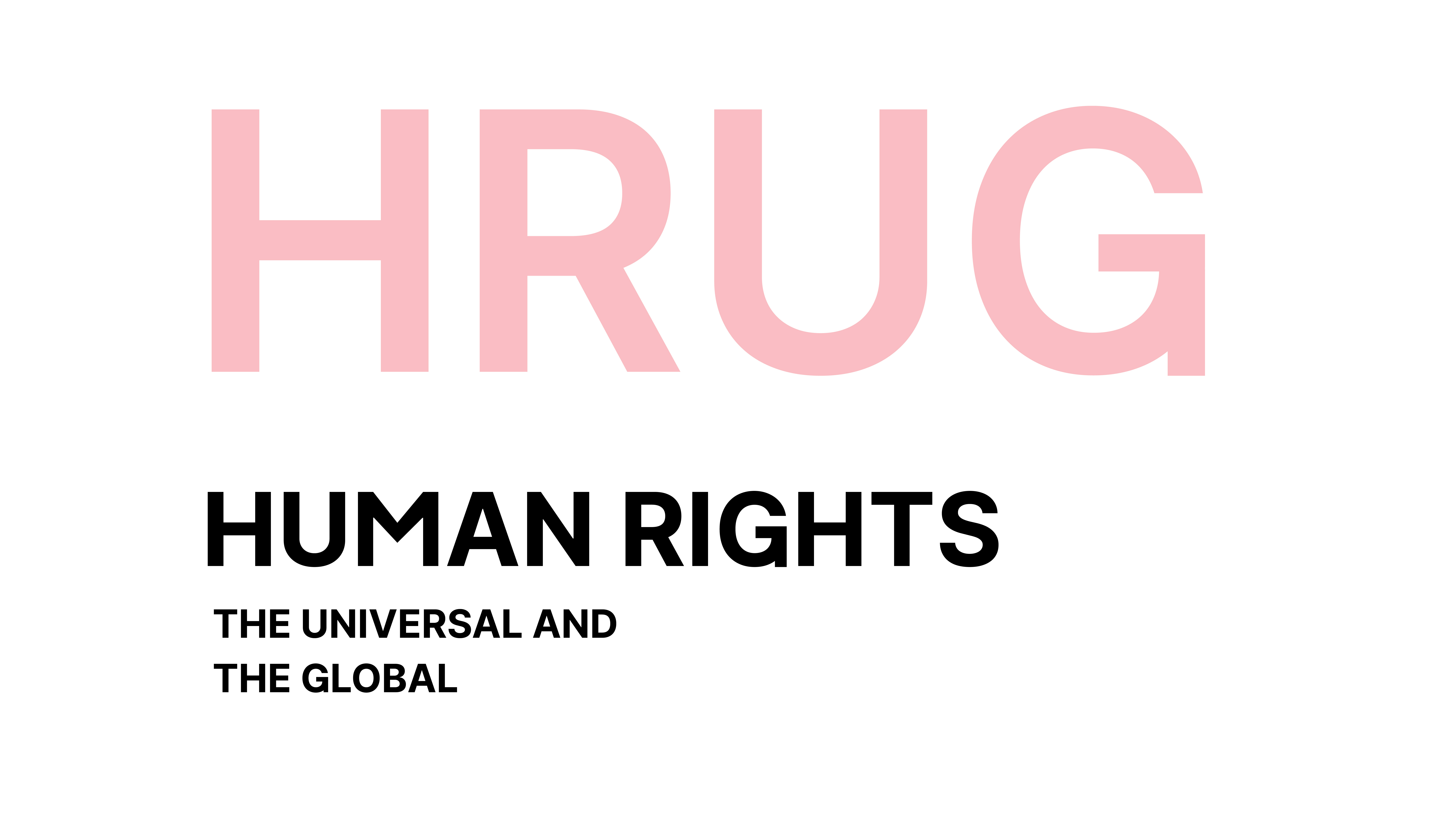The Promotion of Proper Human Sexual Rights and Ghanaian Family Values Bill of 2021 triggered several discussions and debates when it was presented to the Parliament of Ghana. The debates hovered around the scope, impact, and essence of such a Bill on the democratic and constitutional framework of the Republic of Ghana. The Bill, which seeks to promote proper sexual human rights and Ghanaian family values, ironically attack the members of the LGBTQ+ community in Ghana – hence the famous and notorious name “Anti-LGBTQ+ Bill”. The sponsors of the Bill (a Private Member Bill) advanced several arguments in the Memorandum, including the claim that homosexuality and activities of LGBTQ+ people are alien to African and Ghanaian cultural values. Also, the sponsors of the Bill suggest that because most Ghanaians abhor homosexual practices, criminalising such activities will be in line with the will of the majority. The call by some sections of Ghanaians for a statute that criminalises homosexual practices is anchored in religious and cultural beliefs. Further, the sponsors of the Anti-LGBTQ+ Bill argue that the criminalisation of LGBTQ+ practices will help limit the spread of HIV/AIDS in Ghana. Accordingly, the sponsors of the Bill have argued that the essence, foundation, and object of the Anti-LGBTQ+ Bill has constitutional underpinnings, thereby informed by the provisions of the Constitution of the Republic of Ghana of 1992. Finally, the sponsors argue that homosexuality is not a right and that criminalising such practices meets the intent and spirit of the Fourth Republican Constitution of Ghana. The purpose of the contribution is to review Ghana’s new Anti-LGBTQ+ Bill of 2021. In arriving at the foregoing aim, this article discusses the scope of the Bill and reflects on the statutory duty imposed on all Ghanaians to respect the Ghanaian Family Values. The contribution also ascertains whether the arguments advanced by the sponsors of the Bill to criminalise LGBTQ+ activities meet the threshold required to restrict fundamental human rights under the Fourth Republican Constitution of Ghana. The contribution employs essential African traditional values as a conceptual and theoretical framework, such as Ubuntu and Sankofa, regarding the need to respect and protect the rights of LGBTQ+ persons in Ghana. The contribution argues that several claims/provisions in the Anti-LGBTQ+ Bill and the Memorandum are factually inaccurate and a mischaracterisation of the provisions in the 1992 Constitution of Ghana. The article takes the position that the arguments advanced in the Bill and the Memorandum do not reach the threshold required under the 1992 Constitution of Ghana to limit the rights of LGBTQ+ persons and related activities.
Theophilus Edwin Coleman
